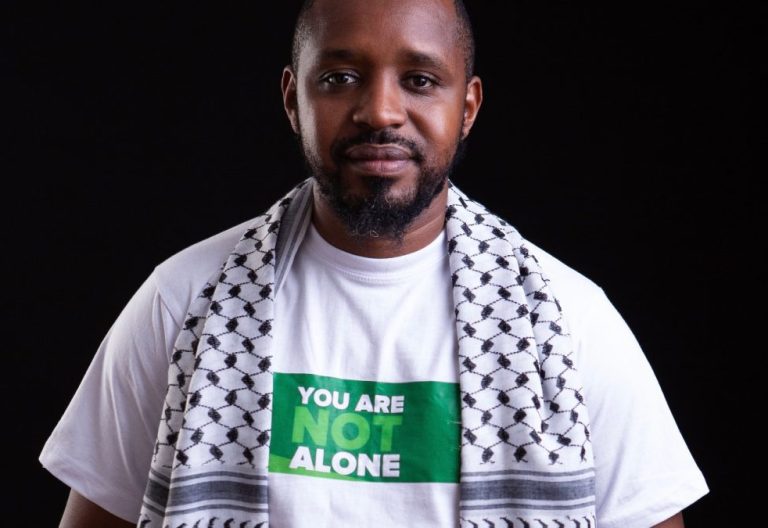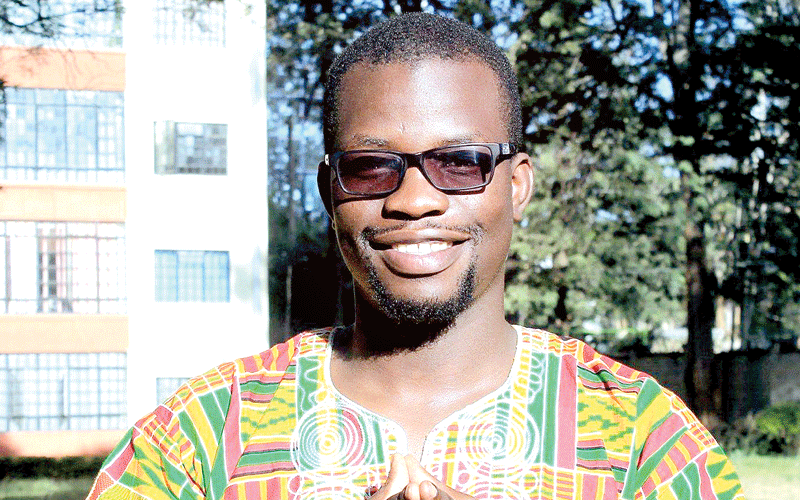Concerted efforts only way to tame teen pregnancy
By Manuel Ntoyai, January 6, 2020Despite the considerable progress the country has made in efforts to improve sexual reproductive health and rights (SRHR) education among young people, significant challenges remain and threaten to reverse this progress if not addressed.
Key among these is limited inclusion of young people in development and implementation of SRHR education programmes.
Assumedly, poor SRHR outcomes in adolescence has long-standing adverse effects on teens’ health, wellbeing and productivity.
Kenya Demographic and Health Survey (KDHS 2014) says 11 per cent of girls and 20 per cent of boys between 15-19 years have had their first sexual encounter by age 15, while 47 per cent of girls and 57 per cent of boys aged 20-24 have had sex by age 18.
With millennials and generation Y being tech savvy, they prefer internet as their source of information on SRHR followed by schools, TV/radios and parents among other sources.
This has no only given them some leverage when it comes to access of information, it can also provide important insights in development and implementation of such programmes.
“We need to strengthen capacity of young people on how to meaningfully engage with key policy makers to address their issues and leverage on social media and technology to provide accurate information on sexuality to enable young people make informed choices,” says Robert Aseda, programme coordinator, policy, communications and external relations at the Network for Adolescents and Youth of Africa.
This also includes prticipation of religious leaders, says youth consortium JIACTIVATE chairman Grayson Marwa.
“Over 90 per cent of Kenyans belong to specific religious groups. It is imperative that religious groups and other stakeholders young people interact with are adequately prepared to provide the right information on SRHR without biases,” he adds.
More Articles

